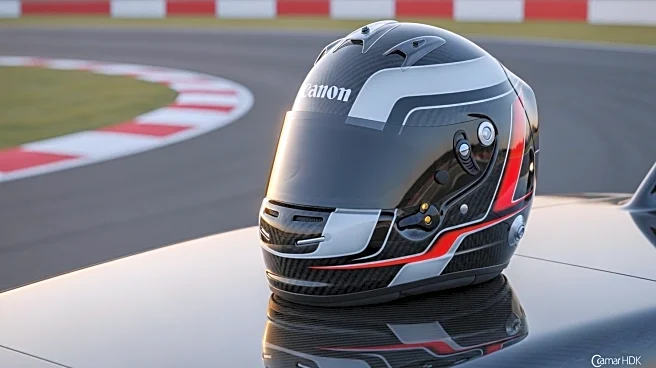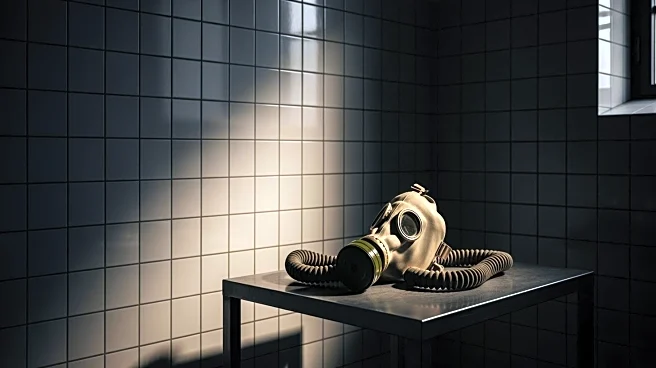What's Happening?
Irish teenager Alex Dunne is set to return to the Formula 1 scene by driving for McLaren during the first practice session at the Italian Grand Prix in Monza. Dunne, who is 19 years old, previously impressed during his debut practice session in Austria, where he finished fourth. This marked him as the first Irish driver to participate in an F1 weekend in 22 years. Dunne is also actively competing in the Formula 2 championship, where he currently holds fifth place in the standings. His return to Monza is highly anticipated, as he aims to build on his previous performance and assist McLaren drivers Lando Norris and Oscar Piastri in their preparations for the Grand Prix.
Why It's Important?
Alex Dunne's participation in the Italian Grand Prix practice session is significant for several reasons. It highlights McLaren's commitment to nurturing young talent and fulfilling the requirement for all Formula 1 teams to run a rookie in at least four practice sessions this season. Dunne's involvement also underscores the growing presence of Irish drivers in international motorsport, potentially inspiring more young athletes from Ireland to pursue careers in racing. Additionally, Dunne's performance could influence McLaren's strategic decisions in future races, as his feedback and driving skills may provide valuable insights for the team.
What's Next?
Following his practice session at Monza, Alex Dunne will continue his Formula 2 campaign, where he aims to improve his standing in the championship. McLaren has already announced plans for IndyCar star Pato O'Ward to participate in a practice session at the Mexican Grand Prix, and they are expected to complete their rookie requirements in Abu Dhabi with another driver. Dunne's performance in Monza could impact his future opportunities with McLaren and other teams, as well as his progression in the Formula 2 championship.
Beyond the Headlines
Alex Dunne's journey in motorsport reflects broader themes of resilience and adaptation. Despite facing criticism and challenges, such as the incident in Monaco, Dunne has demonstrated the ability to bounce back and perform under pressure. His experiences highlight the mental and emotional aspects of competitive racing, which are often overshadowed by physical performance. Dunne's story may encourage discussions about the support systems needed for young athletes in high-pressure environments.








